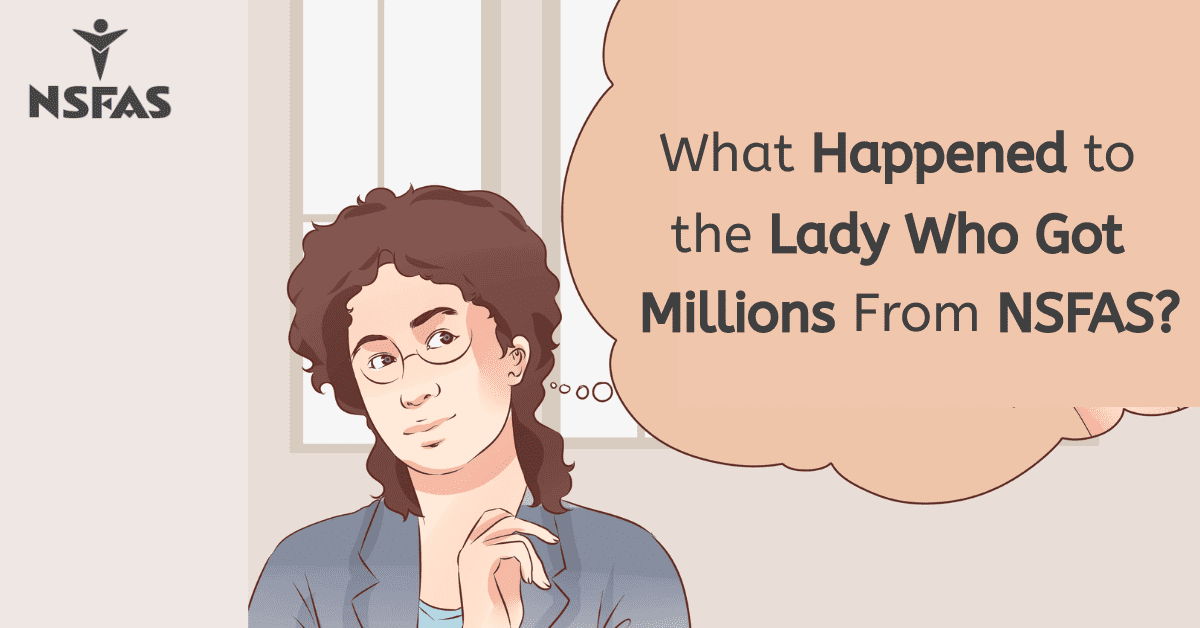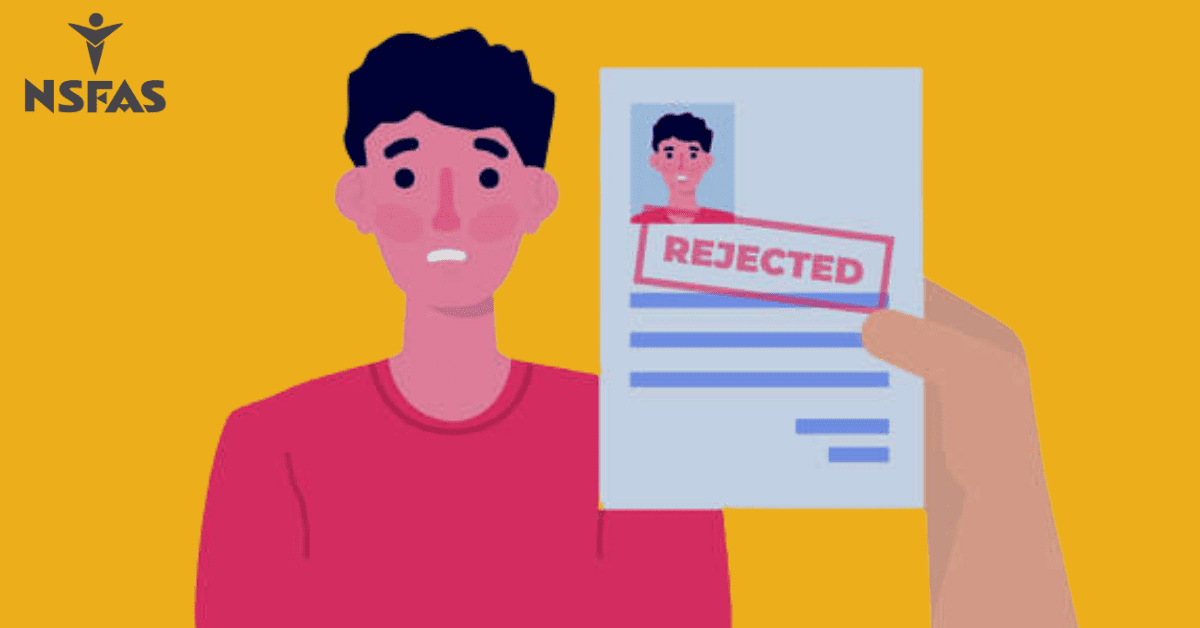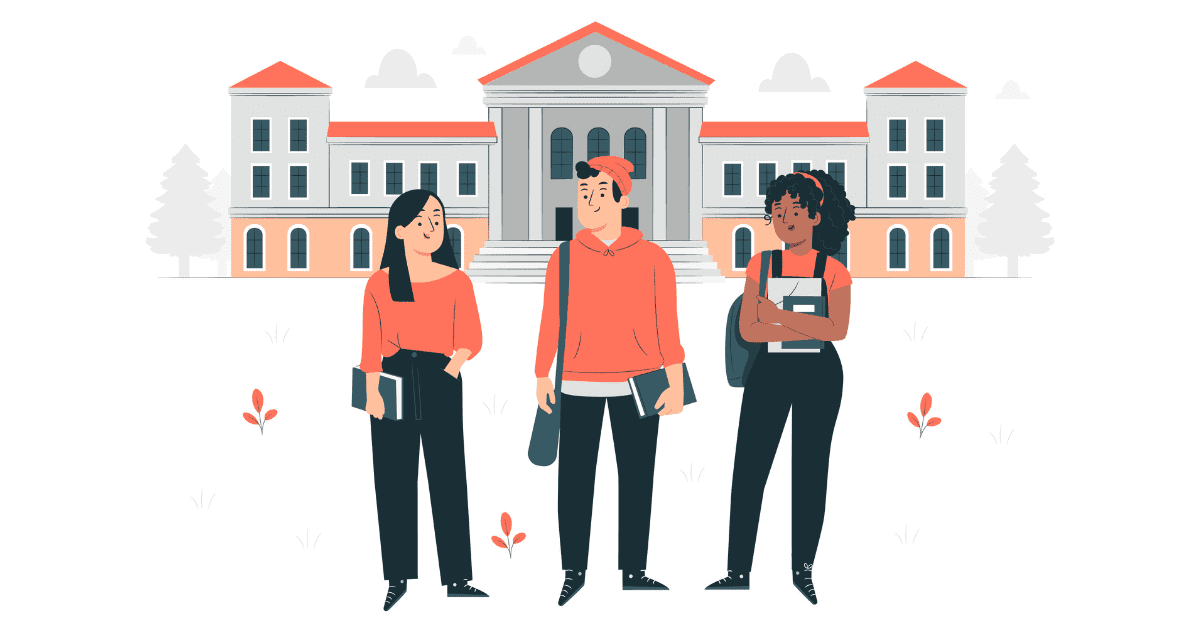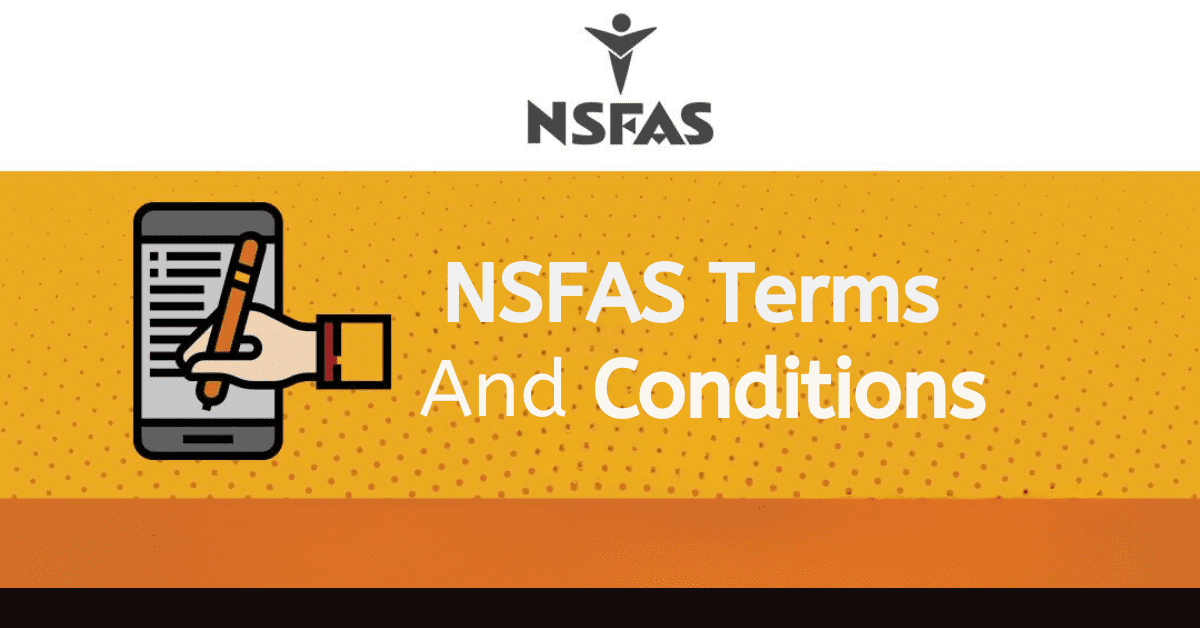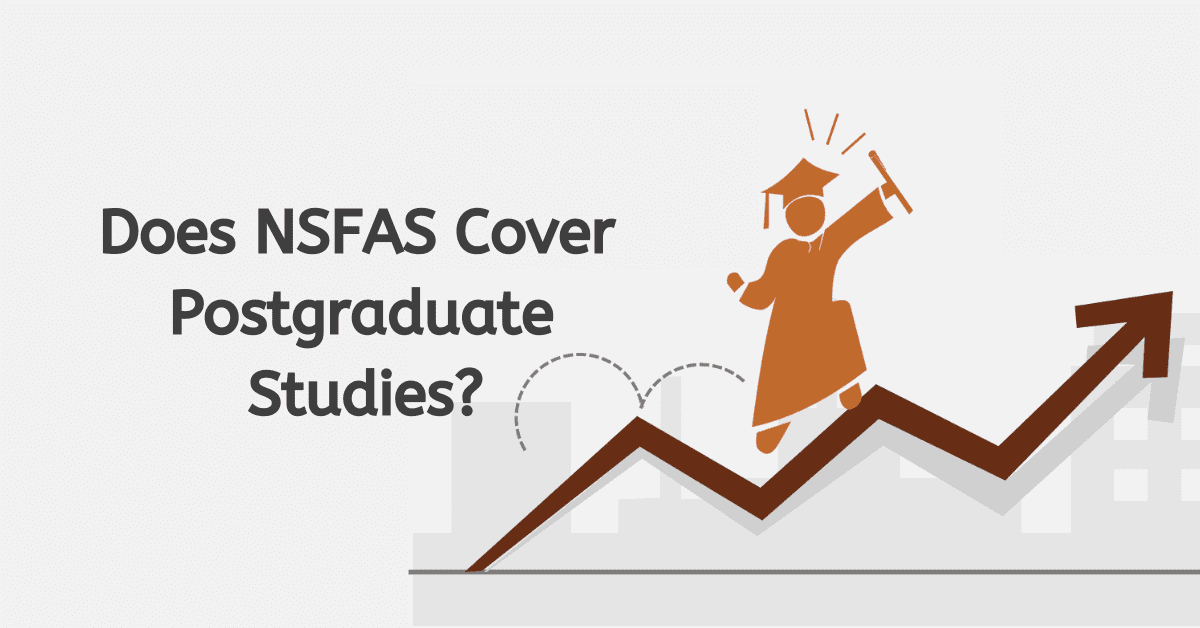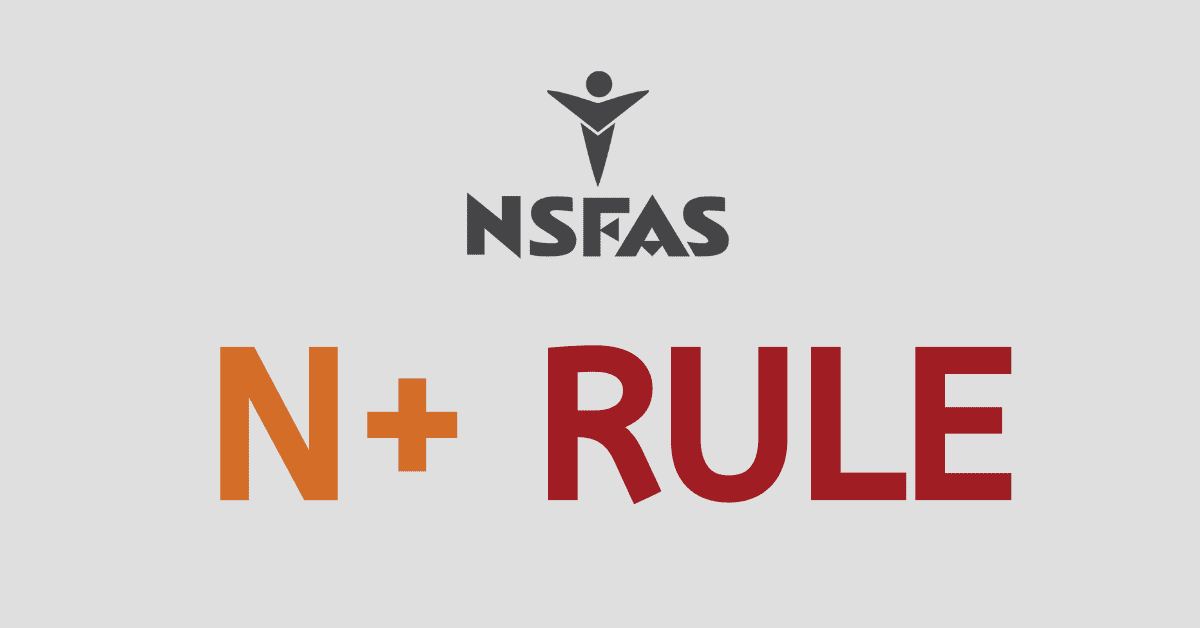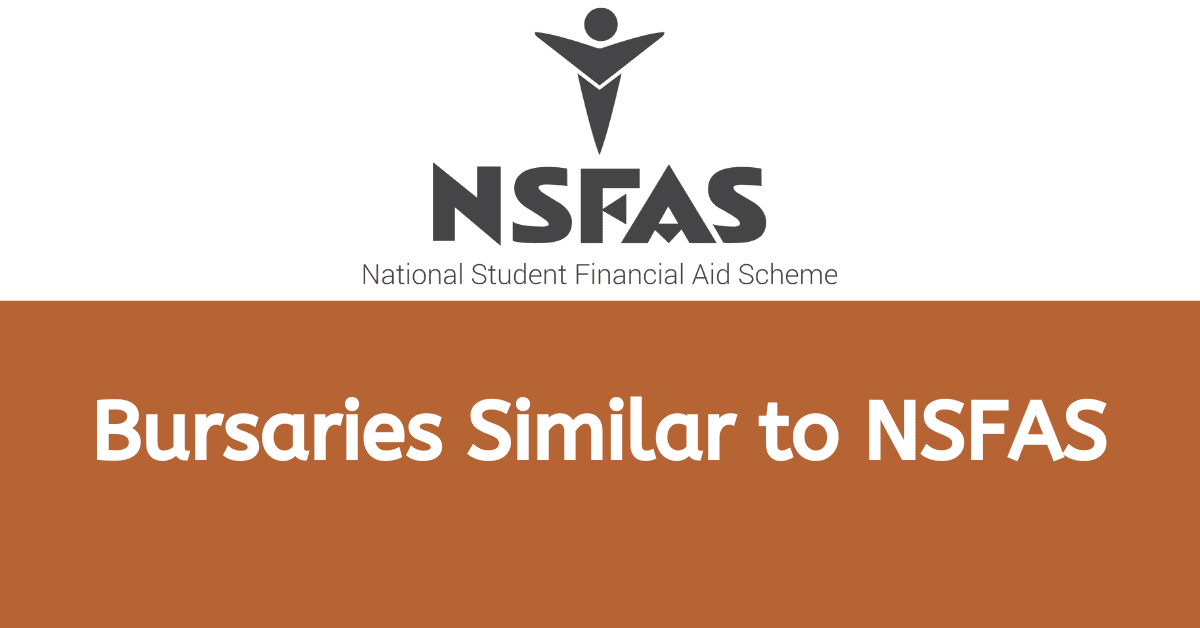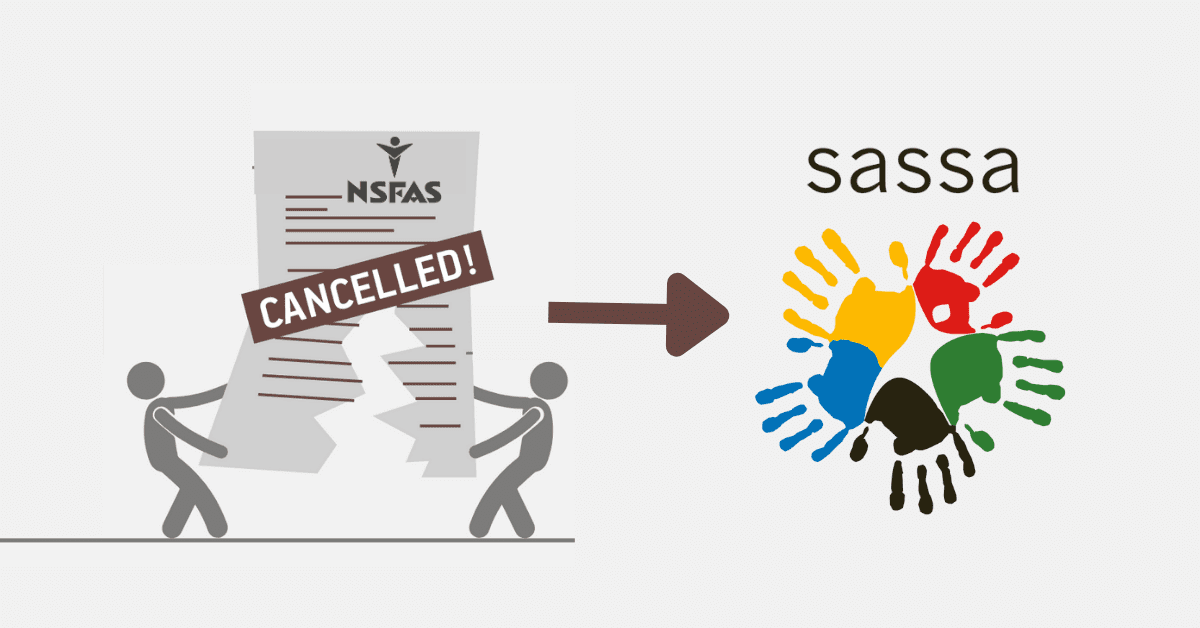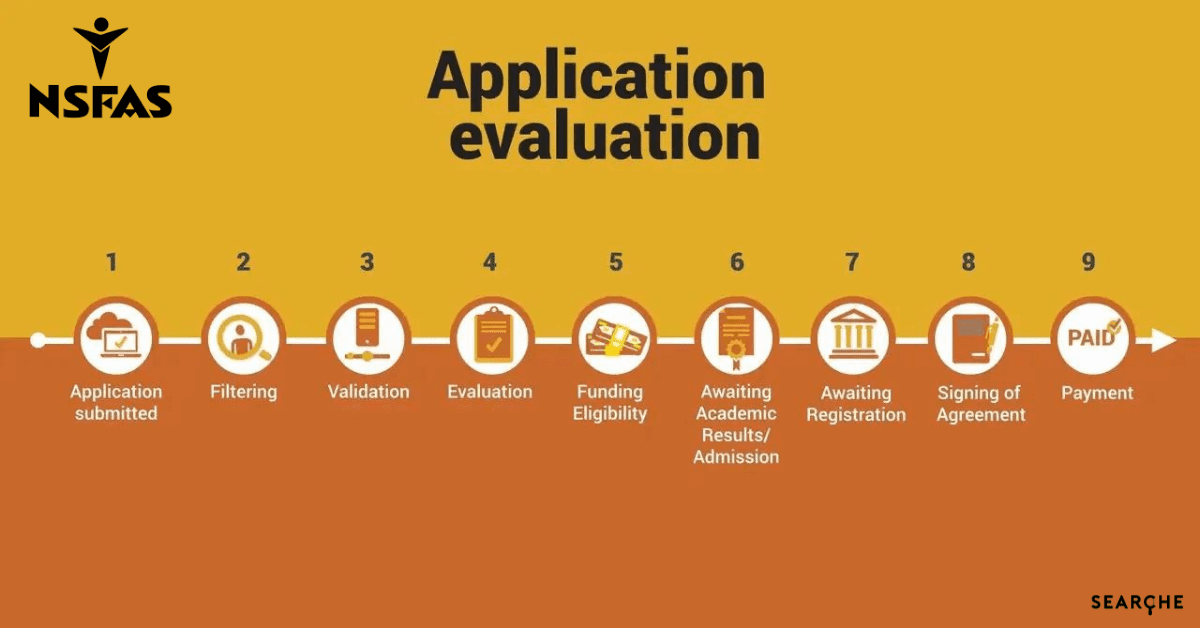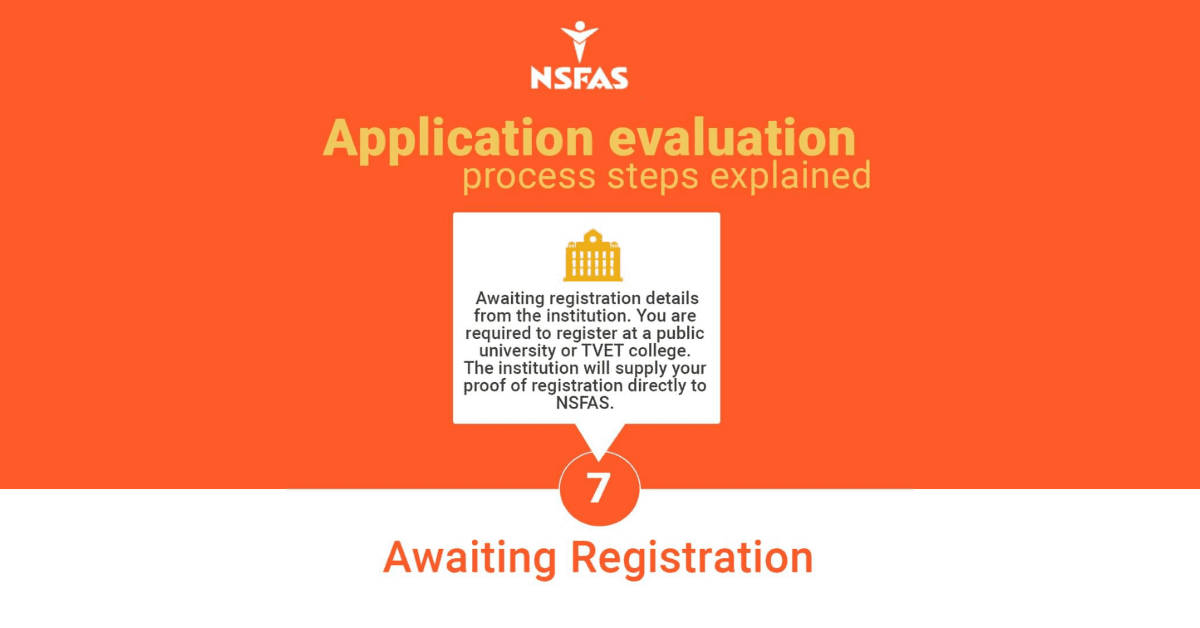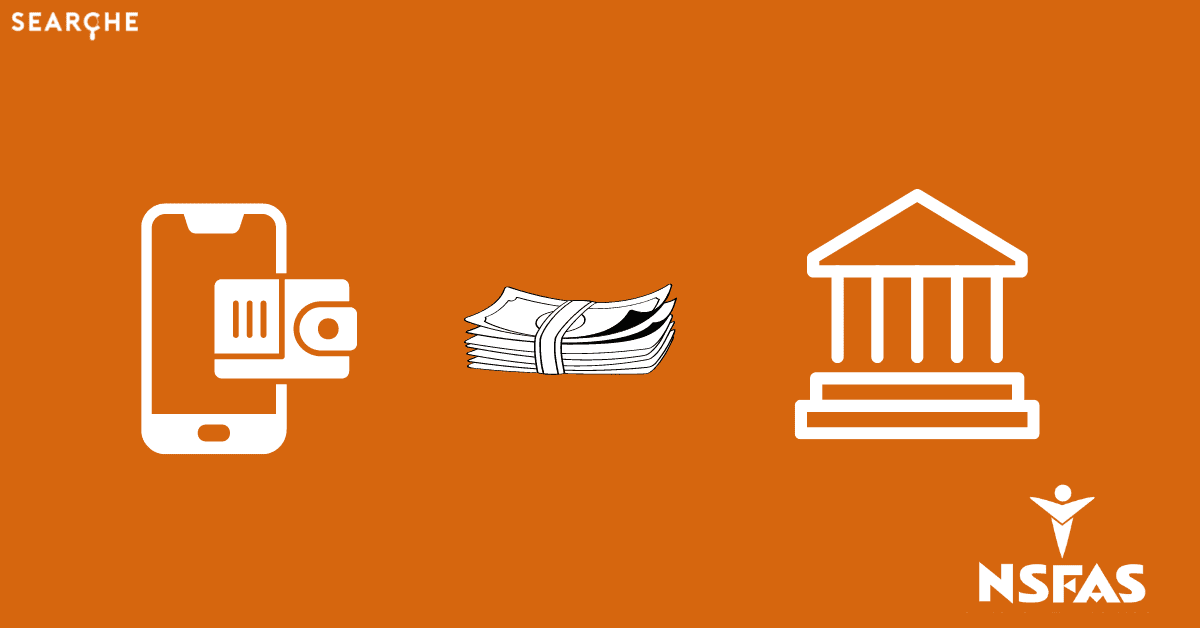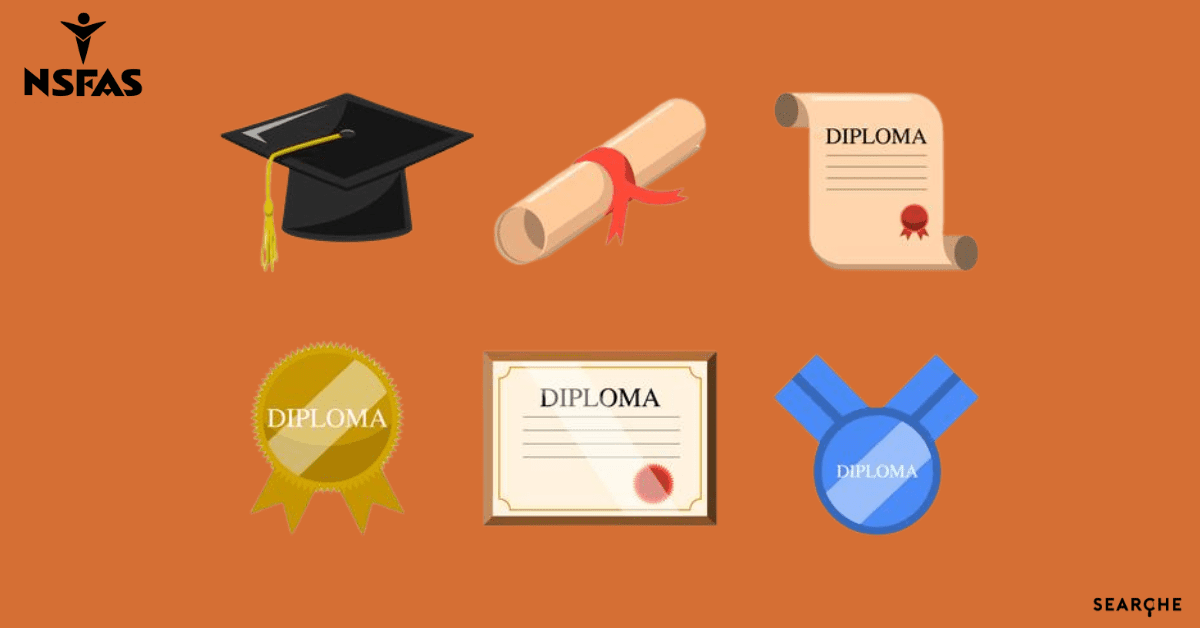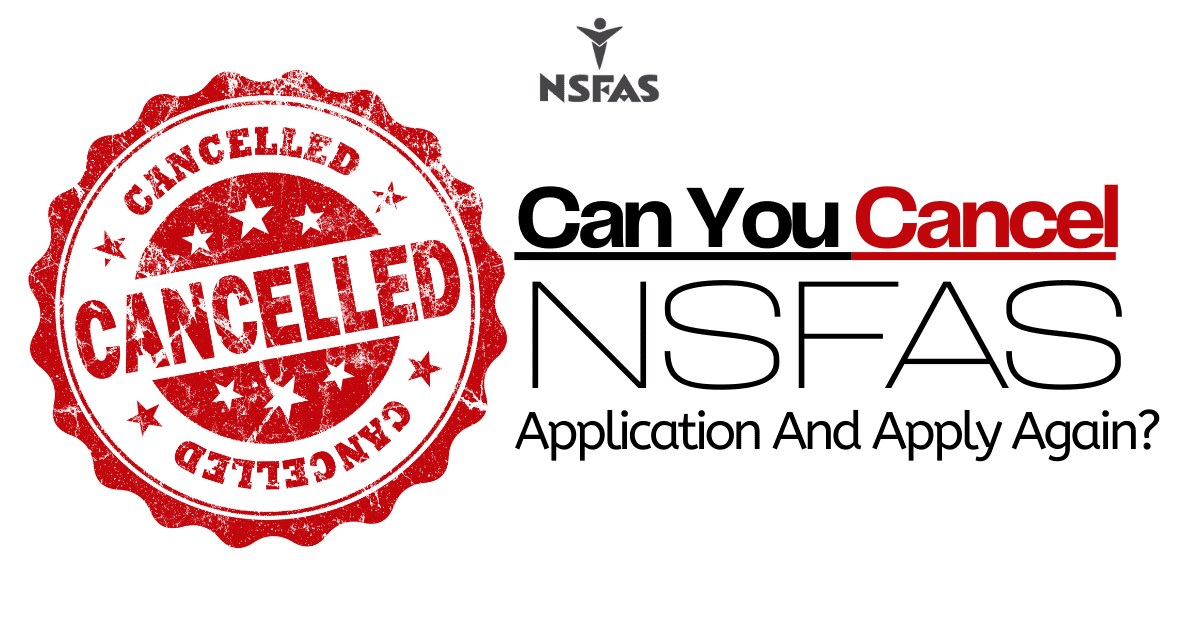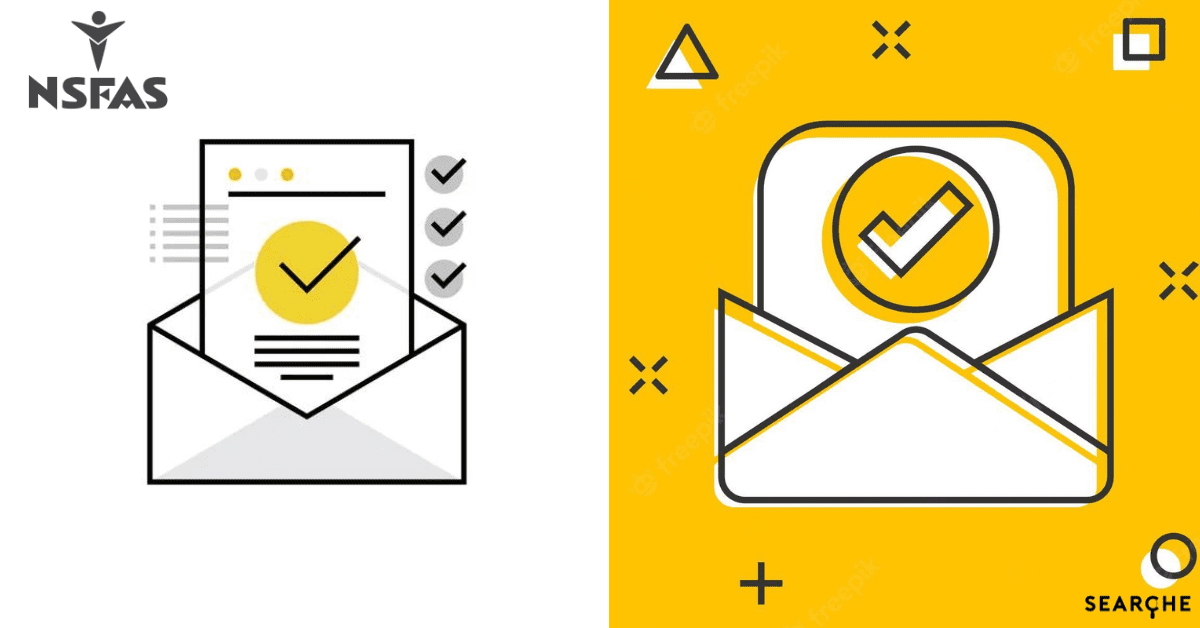Finding cheap housing near campus might be difficult for students who are National Student Financial Aid Scheme (NSFAS) recipients. For students who meet the requirements, NSFAS will pay their tuition, housing costs, and a stipend. It’s crucial to remember that NSFAS only covers approved accommodations. In this article, we’ll help you determine if your lodging is NSFAS approved
How To Check If Your Accommodation Is NSFAS Accredited
Accommodations that adhere to specific criteria established by NSFAS are accredited. Visit the website of your tertiary education institution to see if your lodging is NSFAS accredited. The website will list the lodging options that are available on campus as well as the surrounding homes that are affiliated with the school. NSFAS has likely granted accreditation to nearby homes connected to tertiary educational institutions.
It is important to remember that NSFAS only covers private lodging if the company has accredited it. The maximum sum that NSFAS will pay varies depending on the lodging location. At TVET colleges, accommodation in an urban region is allotted R24,000 per annum, lodging in a peri-urban area is allocated R18,900 per annum, and accommodation in a rural area is assigned R15,750 per annum. At colleges, the amount designated for housing is determined by the actual fees levied by the institution, with prices for private housing not surpassing those for on-campus housing.
You must make sure that your lodging satisfies the organization’s requirements if you want it to receive NSFAS accreditation. These requirements could cover things like security, tidiness, and functional amenities. To learn more about the accreditation procedure, contact NSFAS.
It is crucial to remember that you will need to discover alternate payment options if NSFAS doesn’t recognize your lodging. NSFAS only pays for costs that the company has approved.
What is an Accredited Accommodation?
Student accommodation that has received the National Student Financial Aid Scheme’s seal of approval is referred to as NSFAS Certified Housing. The university chooses which buildings can work as dorms, and the program pays the rent for authorized accommodation. The student must demonstrate that the landlord has the NSFAS stamp of approval to be approved for funding from the organization. NSFAS does not directly cover private housing costs, but they could be partially covered if the institution or student foots the bill.
Location, housing design, necessary paperwork, food services, financial arrangements, and fire safety are the six main elements of NSFAS-approved accommodation standards. Off-campus lodgings should follow the Department of Higher Education guidelines to satisfy these conditions.
Each year, the accreditation is renewed to protect the pupils. The benefit of NSFAS Certified Accommodation is that it offers college students who need it a safe and inexpensive housing option. It also aids in easing South Africa’s student housing deficit.
How to Get Your Accommodation NSFAS Accredited
You must register and upload your lodging on the NSFAS student accommodation portal to have it NSFAS-approved. You can include your property’s name, address, and pictures. Once you have finished this procedure, NSFAS will contact you and send a team of professionals to evaluate your properties to ensure they are appropriate for student housing.
It is critical to confirm that your lodging satisfies the dorm living criteria, including safety and security measures, convenient amenities, and a comfortable living environment. You must also supply accurate and comprehensive information about your property to ensure a fair evaluation as part of the certification process.
You can improve your chances of being selected as an NSFAS beneficiary and aiding South African students’ education and welfare by getting your NSFAS-accredited accommodations. Immediately step toward accreditation by signing up on the NSFAS student housing site.
Does NSFAS pay for Accommodation that is not Accredited?
NSFAS will pay for private student housing only if it has received NSFAS accreditation. NSFAS will not pay expenses if a student chooses to live in unaccredited private housing. Not all privately owned lodgings with NSFAS accreditation should serve as a reminder to students always to confirm that the lodging they intend to rent has this certification. NSFAS must accredit a private residence To qualify for funding. This requirement includes both off-campus private accommodations and private residences.
Students must provide their rental agreement and documentation of their residential address to qualify for NSFAS housing aid. Hence, you must ensure that you rent NSFAS-accredited private housing and submit an application for housing support with NSFAS if you want NSFAS to pay for your private accommodations. Students are advised to read the How to Apply for NSFAS Online guide for step-by-step instructions on the application procedure.
What is the Maximum Amount NSFAS Pays for Accommodation?
NSFAS offers various allowances to help qualifying students with the additional expenditures of higher education, such as housing and books. Students who live in housing owned or leased by the institution are eligible for the accommodation allowance, which has a ceiling of R45,000 per academic year. For students living in housing provided by the university, the annual maximum housing allowance, which includes a living allowance and a personal care allowance, is R60,750.
However, students who live with their direct families or close relatives are not eligible for housing allowances. Instead of receiving one, these students will be given a travel allowance, up to a maximum of R7,875 in 2025. Students who do not reside in catered homes will always receive a living allowance of R12,705, a personal care allowance of R3,045, and a meal allowance of R12,705.
NSFAS will verify private housing to ensure that costs are reasonable for the quality offered and that it complies with the Minimum Norms and Standards For Student Housing (MNSFSH) standards. For students living in institution-catered housing, the maximum amount NSFAS will pay for housing is R60,750 per year, including a living and personal care allowance.
Does NSFAS Pay for Single Rooms?
In general, NSFAS only covers double or shared rooms; if you’d prefer a single room, you’ll have to pay a surcharge. Students who cannot obtain on-campus housing may have the option of private accommodations. The student must guarantee that the residence has obtained NSFAS accreditation for NSFAS to cover the cost of their stay there.
Students should contact universities, colleges, and TVET institutes to find NSFAS-accredited lodging. These colleges have accredited off-campus student housing that meets accreditation standards. NSFAS automatically accredits off-campus student accommodation and housing approved by the institution.
It is important to remember that the amount NSFAS pays out for housing varies based on the institution and the kind of housing. Students are advised to contact the financial assistance office at their school for further information on how NSFAS relates to their particular situation.
